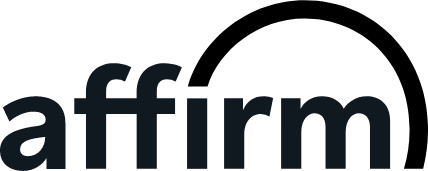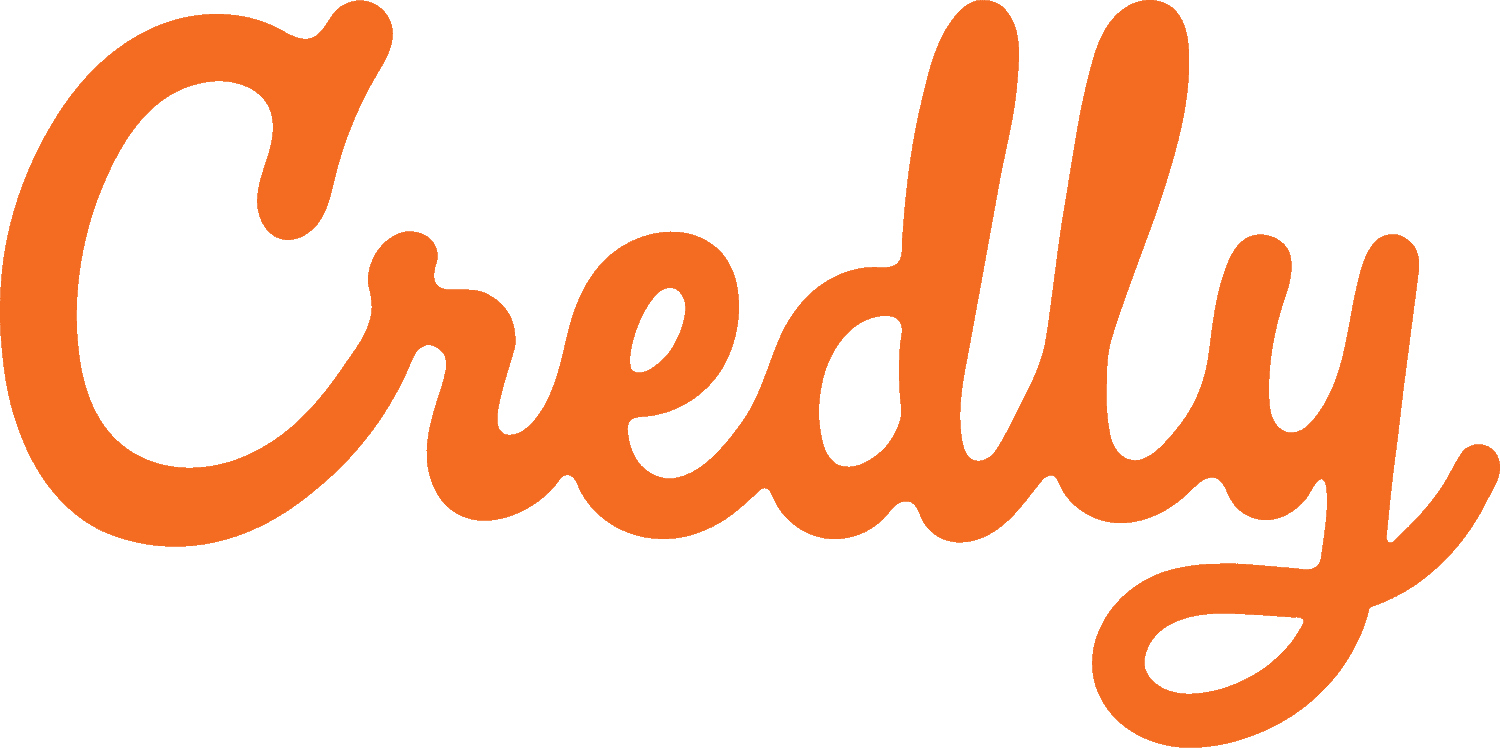Market-Driven Discovery
Scalable Market Research Training for Product Teams
Workshop Overview:
- Define your market segments based on market problems and collect evidence using interview and observational market research techniques
- Deep dive into market discovery best practices to cut through the noise and isolate the most meaningful insights from your research
- Build lasting and scalable processes to help your team make smarter, faster product decisions
As low as $107.92/month with 
COMMON ROLES
Product Managers, Product Owners, Product Marketing Managers, Product Developers, Product Designers, Directors of Product, Directors of Marketing
Graduate from reactive to proactive market discovery with sustainable processes that help busy product teams cut through the noise, isolate meaningful insights, and prioritize solutions to problems that matter most to your markets.
- Interview and Observation Skills
- Strategic Planning
- Opportunity Identification
- Decision Making
- Market Discovery
$1,295.00 / One Time +Taxes
COMMON ROLES
Product Managers, Product Owners, Product Marketing Managers, Product Developers, Product Designers, Directors of Product, Directors of Marketing
Corporate Training
- 7.5 hour course
- 1 session
- Training for whole team
- In-person or virtual
- Completion badge
Live Online
- 7.5 hour course
- 1 session
- No travel
- Completion badge

Credly
Thanks to Credly, it’s now easier than ever to share your Pragmatic Institute workshop completion badge with the world.
What you’ll learn in Market-Driven Discovery
Be the Messenger of the Market
- Confidently identify market segments to target for your market discovery research
- Set objectives and track your discovery program with meaningful metrics to help you engage, learn, and make the most of your time in the market
- Check your assumptions at the door and conduct market discovery research that represents your market’s point of view
Uncover Market Problems
- Deep dive into NIHITO interview and observational research best practices, with opportunities to practice your skills in real time
- Synthesize your data to capture the pain points underlying your market problems and uncover deeper insights into their impact on your customers
- Translate findings into compelling stories that equip your product team with a foundational understanding of the market’s problems
Evolve from Reactive to Proactive
- Establish processes, define team responsibilities, and scale your research to achieve ongoing market discovery
- Gather evidence to understand what drives the market’s next requests to help your team stay ahead of the curve
- Prioritize meaningful product solutions using the criteria of problem pervasiveness and urgency and the market’s willingness to pay for a solution
Create a Market-Driven Culture
- Exemplify product leadership by proactively communicating market discovery findings to your team and executive stakeholders
- Gain influence within your organization and instill trust in your product team by making market-driven product decisions
What is market discovery?
Market discovery is the process of researching to identify product opportunities worth pursuing for your business. At Pragmatic Institute, we teach that market discovery is a subset of market research that helps product teams gather crucial insight into market problems and customer pain points. It involves in-depth qualitative research, including NIHITO interviews and observational research, to gain insight into market problems. Ultimately, market discovery enables product teams to identify the pervasive market problems that matter the most.
What is market research?
Market research is the process of gathering, analyzing, and synthesizing information about market segments, customers, or products. It helps you understand your market’s beliefs and behaviors and contextualize those factors within emerging trends that influence your market.
Who Benefits from Market-Driven Discovery
Professionals in a variety of roles can leverage market-driven discovery best practices, including but not limited to:
Product Managers
Responsible for conducting market research that provides useful insight into market problems.
Product Owners
Responsible for guiding product vision from research through development to deliver valuable, satisfying products.
Product Marketing Managers
Responsible for targeting product launches and go-to-market campaign messaging for unique market segments.
Product Developers
Responsible for creating or improving products to satisfy changing market needs and desires.
Product Designers
Responsible for designing functional and aesthetic solutions that alleviate user pain points.
Directors of Product
Responsible for leading product development processes and delivering products and features that the market wants.
Directors of Marketing
Responsible for aligning omnichannel marketing strategies with tactics and messaging appropriate to their audiences.
Don’t see your title listed here? That’s okay! You’ll learn skills that can help any product professional, regardless of your title.
About the Instructors
Her past roles include Global Product Director at Agentrics, LLC (formerly WWRE), Director, Product Marketing at webMethods, Vice President, Product Marketing, Products at Earth Networks, Vice President, North American Industry and Product Marketing at Blackboard, and served as Chief Product Officer at Atero.
Cindy has experience in a variety of industries, including financial services, climate technologies, education, supply chain, and customer service. At Pragmatic Institute, she blends her knowledge of customer advocacy, strategic product management, and revenue generation into her teaching and mentorship.

Her past roles include Operations Manager and Director of Technology Solutions at Work Options Group, Director of Product Management at Bright Horizons, and VP of Client Service and Product Development at TalenTrust.
Amy is a hands-on practitioner of market-driven principles. As a Pragmatic Institute Instructor, Amy brings tremendous mentorship and people management experience to her training and advisory support practices.

